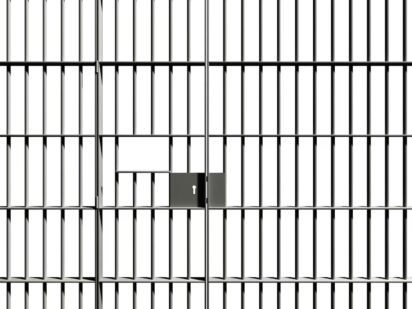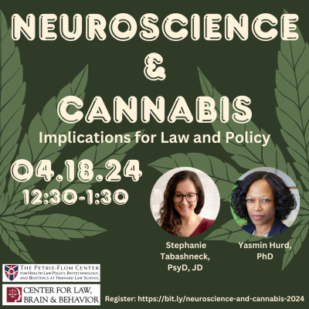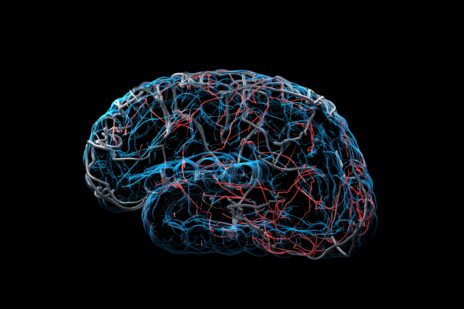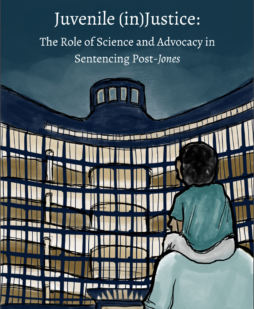By Dr. Robert Kinscherff, July 19, 2024, 2:30 a.m.

Young adults similar to adolescents, especially in emotionally charged situations
Thank you to Adrian Walker for his column on raising the age for juvenile offenders. I commend Senate President Karen Spilka and Senator Brendan Crighton for their roles in passing an amendment allowing 18-year-olds to be tried as juveniles for most offenses. This legislative decision is aligned with science and forward-thinking people familiar with the issues.
In January, the Supreme Judicial Court decided Commonwealth v. Mattis, banning life without possibility of parole for any crimes committed by individuals ages 18 to 20. The court’s decision and the state’s proposed “Raise the Age” legislation are consistent with the research summarized in a “White Paper on the Science of Late Adolescence, A Guide for Judges, Attorneys, and Policy Makers,” authored by the Center for Law, Brain, and Behavior at Massachusetts General Hospital. This report, which focused on brain development through late adolescence, demonstrates that adolescents and young adults are similar — especially in emotionally charged situations — in acting impulsively, taking risks, seeking immediate rewards, and yielding to peer influence.
Clearly, laws should not be based on outdated information. Hopefully, the Legislature will continue to follow the science in considering criminal justice policy.
Read Dr. Robert Kinscherff’s full Letter to the Editor here.







